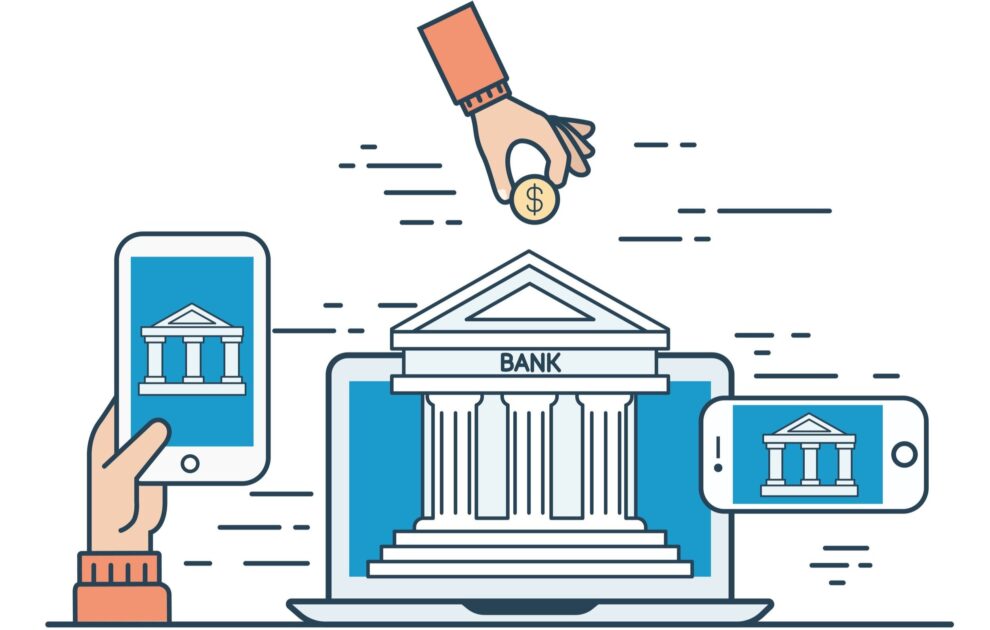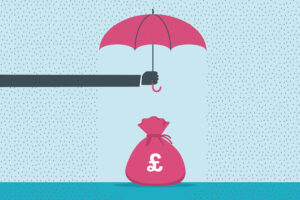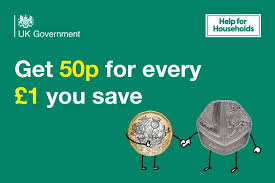Hello, financial dynamos! Ready to roll up your sleeves and dive deep into the nitty-gritty of financial planning? Brilliant! Today, we’re chatting about a cornerstone of personal finance – the humble bank account. It might not sound like the most exciting topic, but understanding bank account essentials is vital to controlling your money and reaching your financial goals. So, let’s get started!
Understanding Different Types of Bank Accounts
First things first, not all bank accounts are created equal. You’ve probably heard the terms ‘current account’, ‘savings account’, ‘joint account’, and maybe even ‘ISA’ (Individual Savings Account). But do you know what these terms mean and how to use these accounts to your advantage? Don’t worry if you don’t, because we’re here to help!
- Current Account: A current account is the foundation of daily banking. It’s where you receive your salary and make bill payments. Current accounts are perfect for managing daily transactions but typically offer minimal interest.
- Savings Account: Are you looking to save money for a rainy day or a specific purchase? A savings account is the best option for this. These accounts motivate you to save by providing higher interest rates than regular current accounts and still allowing for withdrawals if necessary.
- Joint Account: Typically opened by couples, joint accounts are a great way to manage shared expenses. Both parties have access to the account and can see all transactions.
- ISA: An Individual Savings Account offers a tax-efficient way to save or invest. Any interest earned in an ISA is tax-free. In the UK, you have an annual ISA allowance (£20,000 for the 2023/2024 tax year).
Managing Your Bank Account
Now that you’re up to speed on the types of bank accounts let’s talk about managing them effectively. It’s not rocket science, but it does require some regular attention.
- Online Banking: Managing your account online or via mobile banking apps is a no-brainer in this digital age. It allows you to check your balance, transfer money, set up direct debits, and even deposit cheques, all from the comfort of your sofa. Plus, it’s a fantastic way to keep tabs on your spending.
- Direct Debits and Standing Orders: These are your best friends when managing regular payments like bills or subscriptions. Set these up correctly, and you’ll avoid late payment fees or missed payments.
- Regular Review: Make it a habit to check your bank account regularly. It helps to spot any potential issues, like fraudulent transactions, plus it’s a great way to keep your spending in check.
Understanding Overdrafts
We’ve all been there – that heart-sinking moment when you realise your account balance is dangerously close to zero. That’s where overdrafts can come in handy. An overdraft is a facility banks offer that allows you to borrow money when your account balance drops below zero. But be warned, while they can be helpful in an emergency, and they often come with high-interest rates or fees.
Switching Bank Accounts
Last but not least, feel free to switch banks if you’re unhappy with your current one. The Current Account Switch Service (CASS) makes switching banks easier than ever. Many banks offer incentives to new customers, so it’s worth shopping around.
Now you’re armed with the essentials; it’s time to take control of your bank account and kickstart your financial planning journey. Remember, a well-managed bank account is the foundation of solid financial health. Happy banking!












Add Comment